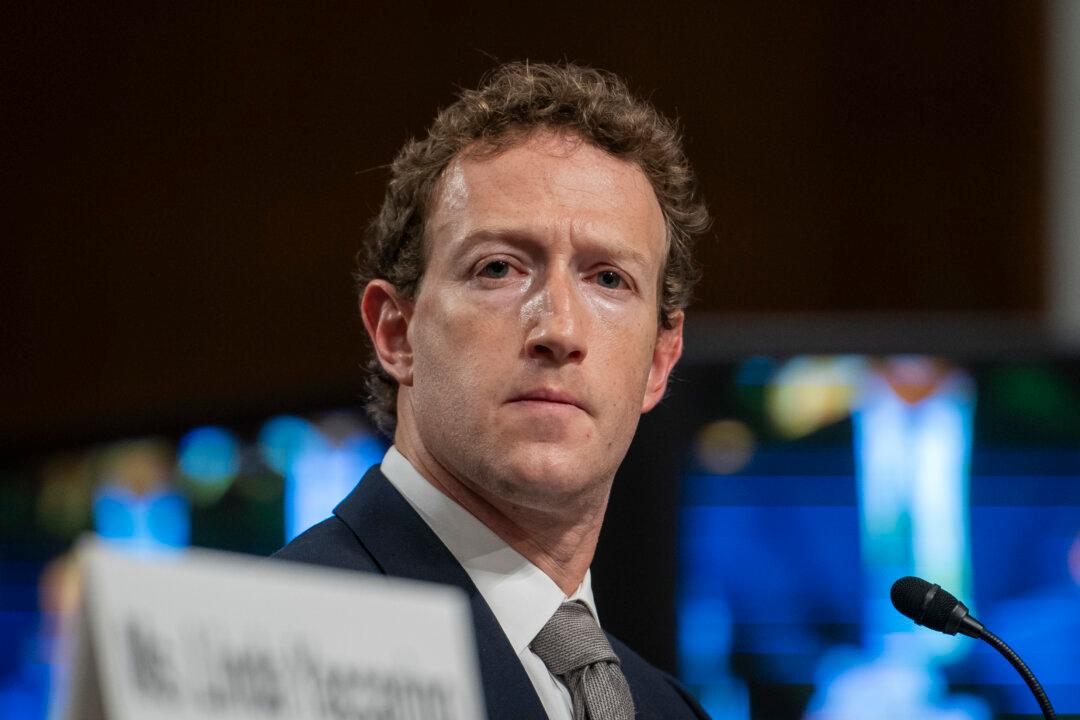Australian news publishers have reacted negatively to Facebook owner, Meta’s decision to end its contracts for news on the platform, in a move that has left the federal government weighing up its options on whether to pursue the multinational for payment.
The deals were due to expire in the next few months and had provided Australian media companies with up to $200 million (US$130 million), according to the government.





